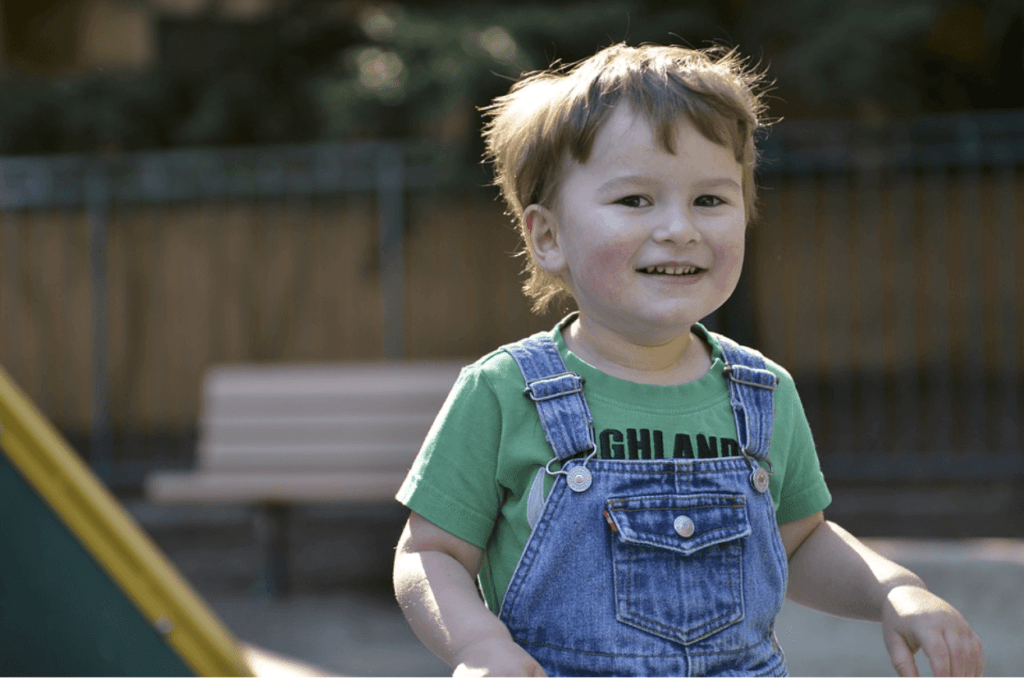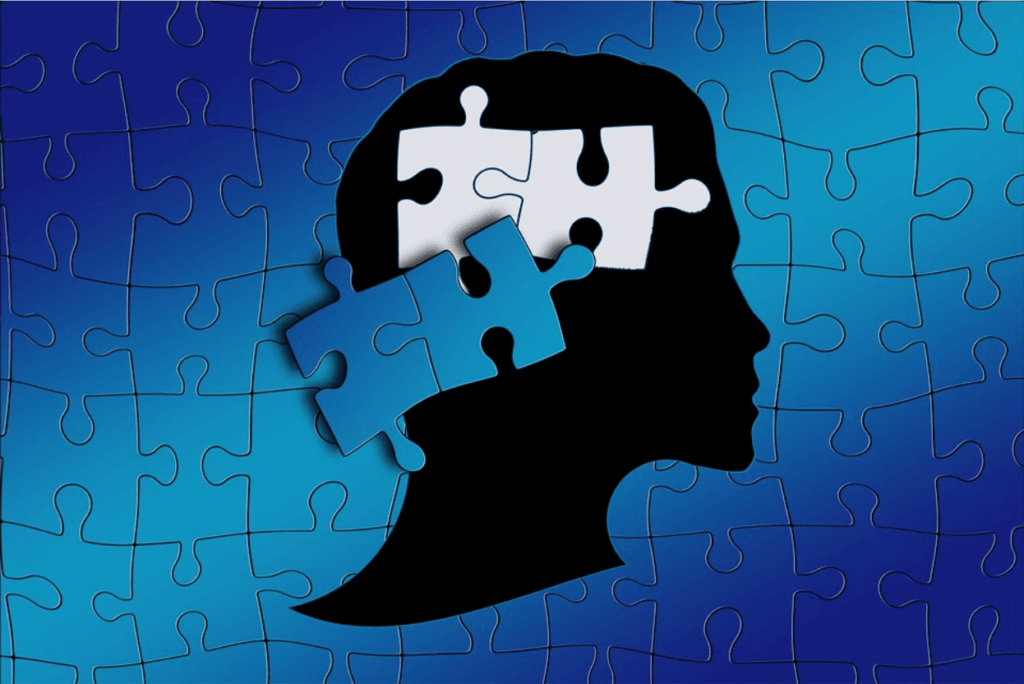Autism is a disorder that affects the way a person communicates and interacts with others. It can be very difficult for autistic children to adjust to the world around them. This is why it is important to find therapies and treatments that work best. This article will discuss eight different therapies and treatments that have been shown to be effective in treating autism.
Speech And Language Therapy
It’s essential that you practice language skills when it comes to children with autism. It’s smart to read some Autism magazines available online to learn how exactly this sort of treatment works in order to truly help your kid. Helping them develop speech and language skills at an early age can prove to be very beneficial down the line.

One of the main goals speech and language therapists have when working with autistic children is to help them develop communication skills. This may include helping them learn how to express themselves through words, gestures, or facial expressions. It’s also important for therapists to help autistic kids understand what others are saying to them.
Many autistic children struggle with speaking fluently, so speech therapy can be extremely helpful in improving their speech clarity and pronunciation. In addition, speech therapy can also help improve reading comprehension and writing abilities. Autistic children who undergo speech therapy often show significant improvements in all areas of communication.
Occupational Therapy
Occupational therapy comes in many different forms, but all therapists have the same goal: to help their patients live as independently as possible. For autistic children, this kind of treatment can be a vital treatment that helps them learn how to interact with the world around them.
One common form of occupational therapy is sensory integration therapy. This type of therapy helps autistic children process information from their senses more effectively. By doing this, they are able to better understand and respond to their environment.
Here are some ideas for occupational therapy to help with autistic children:
- Give them a job to do: This can be something simple, like putting away toys or sweeping the floor. It gives them a sense of purpose and helps them learn how to complete tasks.
- Help them with their sensory needs: Some autistic children have trouble processing certain textures, sounds, or smells. Occupational therapy can help them learn how to deal with these sensations in a healthy way.
- Teach them social skills: Autistic children often have difficulty interacting with others. Occupational therapy can help teach them the basics of communication and social interaction.
- Encourage creativity: Many autistic children are incredibly creative and talented. Occupational therapy can help nurture this talent and give them an outlet for their creativity.
Play Therapy
Play will make any kid’s day, but for autistic children, it is especially important. Play therapy can help autistic kids learn how to interact with others, communicate better and regulate their emotions. The therapist will use different games and activities to help the child in a comfortable setting. This type of therapy has been shown to be very effective in helping autistics develop social skills.
There are many other therapies and treatments that work well for autistic children, these are just a few examples. Parents should do their own research and find the best treatment plan for their child’s individual needs.
Music Therapy
Music is known to touch emotions and be therapeutic in many ways. It has been used to help people with different conditions for centuries. There are various types of music therapy, which can be tailored to meet the needs of each individual.
One form of music therapy that is beneficial for autistic children is called rhythmic entrainment. This involves playing music that has a steady beat and encouraging the child to move or dance along to it. The repetitive movement helps to calm and focus the child, and can also improve their coordination skills.
In addition, reading sheet music can help autistic children to learn and process information more effectively. By reading the music and following the notes, they are able to improve their comprehension skills as well as their memory.
Relationship Development
You need to help autistic children build relationships. This can be done through development therapies and treatments. RDTs are designed to help children with autism learn how to interact with other people. They do this by learning how to understand social cues, facial expressions, and body language.
There are many different types of RDTs, but the most common one is called Social Stories. Social Stories teach autistic children about the social world they live in. They show them what is expected of them in different social situations. For example, a child might learn that it is polite to say hello to someone when you meet them for the first time.
Behavior Development
Kids with autism tend to behave aggressively and this behavior may result in physical injury to themselves and others. Children need behavior development treatment which is a program of therapy that teaches children how they can cope with their behavior problems, like aggression and self-injury.
Behavior development therapy uses behavior modification techniques, behavior analysis, and behavior intervention. These approaches help improve the behaviors of children with autism. This treatment helps reduce unwanted behavior and replace it with positive behavior.
Pivotal Response Training
Pivotal response treatment is an evidence-based intervention that can be used to treat children with autism spectrum disorder across a wide range of developmental levels and ages. PRT is one of the pivotal response training approaches that are considered effective in treating autistic children.
PRT focuses on pivotal areas, which may include motivation, self-management, social initiations and responsivity, and communication. Treatment targets are identified by assessing areas of strength and difficulty for each child, as well as their family’s priorities.
Vitamins And Minerals
Never forget about the daily dose of vitamins and minerals that your autistic child needs. These essential nutrients are crucial for their overall health, including brain function. Some vitamins and minerals have been shown to have a positive effect on the treatment of autism.
These vitamins and minerals include vitamin B12, vitamin D, omega-three fatty acids, magnesium, and zinc. Vitamin C can also be beneficial for children with autism spectrum disorder because it helps to reduce oxidative stress – something that is common in autistic children.

Children with autism will have a harder life, but there are ways for you to make it better. Start with helping them develop their language and communication skills and occupy their mind with activities. Get them to play as much as possible and have them learn an art form like music. Make sure they develop good relationships with the people around them and that they behave accordingly (at least most of the time). A proven method of treating them is pivotal response training which will get them motivated to do other things. Finally, never forget about keeping them physically healthy with vitamins!



